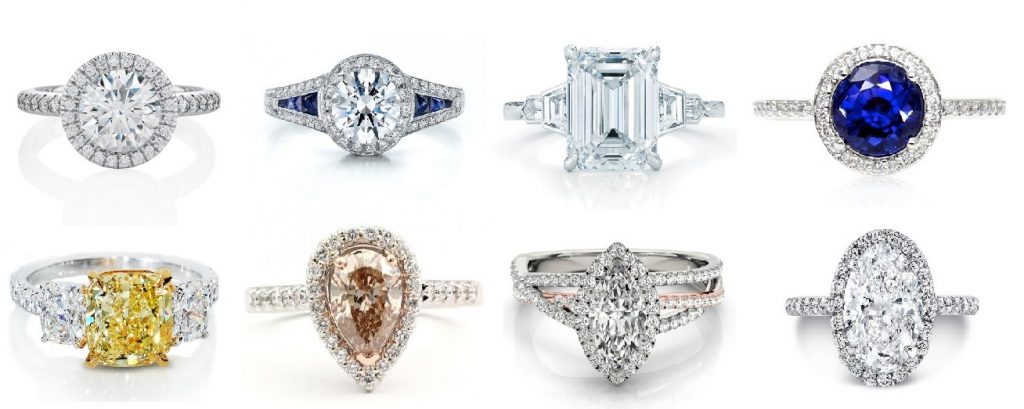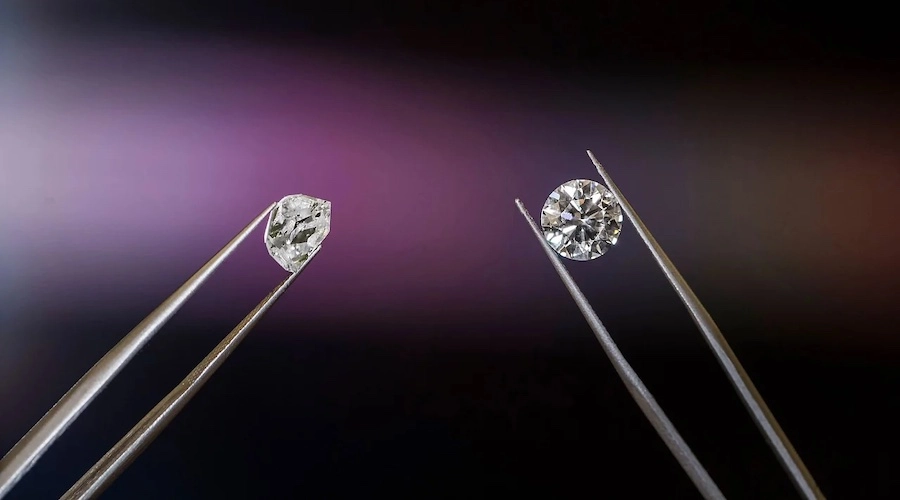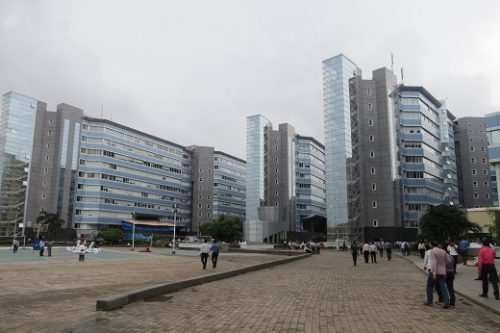
The amount you will lose selling a diamond depends on several factors, including the quality and characteristics of the diamond, the current market demand and prices for diamonds, and the method of sale.
In general, you can expect to receive a lower price for a diamond when you sell it compared to the price you paid for it. This is because the diamond market is highly competitive, and buyers will typically offer a lower price to ensure they can make a profit when they resell the diamond.
If you sell your diamond through a jeweller, you can expect to receive a lower price compared to selling it through a private sale or auction. Jewellers typically offer a lower price because they need to make a profit on the resale of the diamond, and they need to cover their overhead costs.
To get a better idea of how much you can expect to receive for your diamond, you may want to have it appraised by a certified appraiser or seek the advice of a reputable jeweller. They can give you an estimate of the diamond’s value based on its characteristics and the current market conditions. The DCLA. GIA, HRD and IGI are a good place to start the process.
One of the biggest factors affecting the resale value of a diamond is its quality.
Diamonds are graded based on their cut, colour, clarity, and carat weight, and diamonds with higher grades will generally command higher prices than those with lower grades. Other factors that can affect the resale value of a diamond include its shape, rarity, and the current demand for diamonds in the market.
Source: Michael Cohen DCLA

